Interlinking of Rivers in India: Overview and Ken-Betwa Link
Synopsis
The programme of Interlinking of Rivers (ILR) in India has been one of the most ambitious ideas ever, of any government till date. It is an idea that has conjured up visions for the common India-of a country free from floods and droughts, and people in Tamil Nadu tasting the sweet waters of the holy Ganges. Such images of passion and emotion contrasted together with the recurring floods and droughts in various parts of the country have helped those in power to sell the dream of river linking to the people. Backed by the Supreme Court judgement and a supportive and a strong advocate of the project. The President of India, the NDA government went all out to promote and get this project initiated. The present UPA government is also taking forward this idea. A project of this magnitude needs to go through a transparent and public process of evaluation in terms of, not only the economic costs and benefits, but in all aspects of project planning. What we have until now, are only a few prefeasibility report of some of the links. The first report to have been put in the public domain was that of the Ken-Betwa link. The National Civil Society Committee on Interlinking of Rivers in India (NCSCILR) which has started a dialogue on this subject, has brought together experts from around the country to analyse the first prefeasibility report put out by the government. The book is one of the first attempts in India to look at the river linking project from a rational and well researched perspective. It is not a one sided view: care has been taken to analyse the project in an unbiased way. The book throws up various pros and cons associated with the project, and also gives insights into how such projects can be analysed. On the Ken-Betwa link, various experts have pointed out the gaps in the pre-feasibility report, where further work needs to be done, and what needs to be taken into consideration when such projects are planned. Thus, the book is a first step in starting a well informed debate in the country, based on facts and figures, and not on rhetoric and unreasoned passion. It is left to the readers to form their own opinions about the project after going through the various arguments put forth by experts.
Read more
27.00
24.3
$
30.00 $
Free delivery Wolrdwidе in 10-18 days
Ships in 1-2 days from New Delhi
Membership for 1 Year $35.00
Get it now and save 10%
Get it now and save 10%
BECOME A MEMBER
Books by the same authors
-
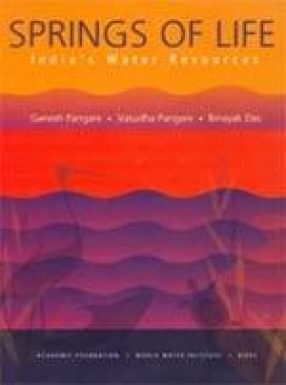
Springs of Life: India's Water Resources
-
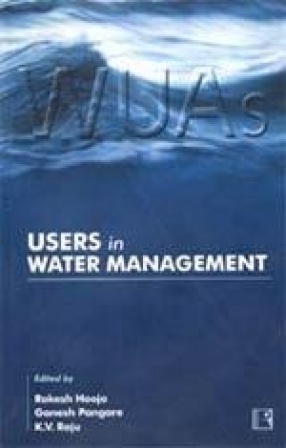
Users in Water Management
-
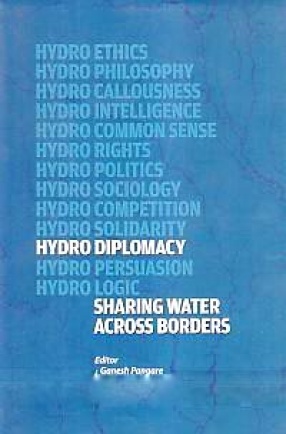
Hydro Diplomacy: Sharing Water Across Borders
-
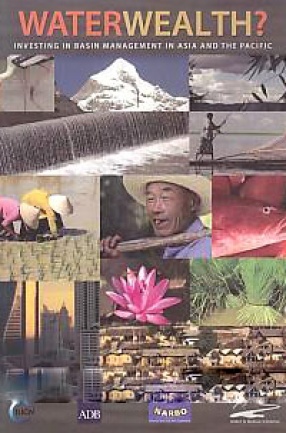
Waterwealth: Investing in Basin Management in Asia and the Pacific
-
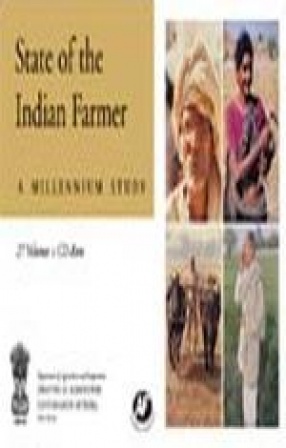
State of the Indian Farmer: A Millennium Study (In 27 Volumes+CD-Rom)
-
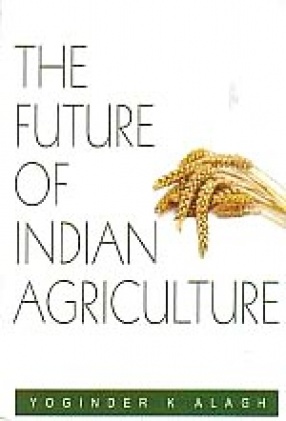
The Future of Indian Agriculture
-
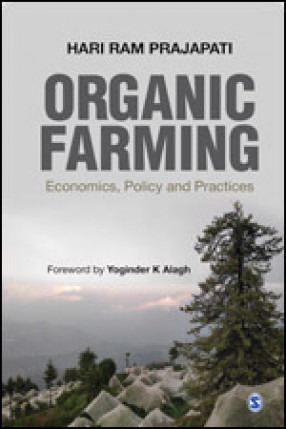
Organic Farming: Economics, Policy and Practices
-
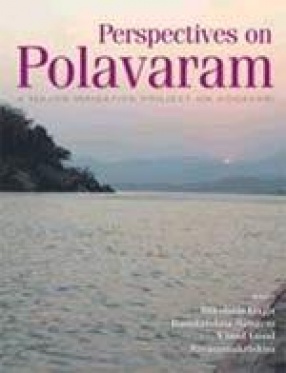
Perspectives on Polavaram: A Major Irrigation Project on Godavari

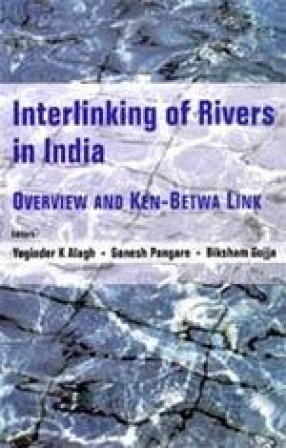

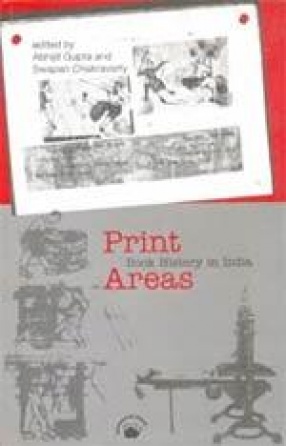
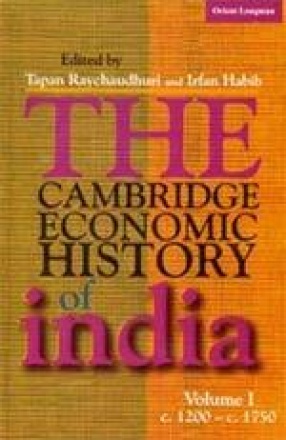
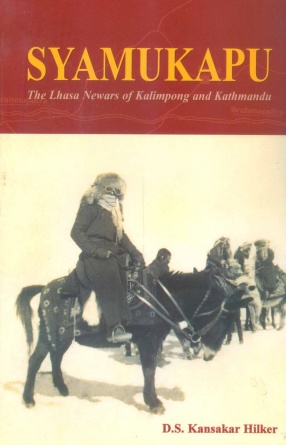

Bibliographic information
Yoginder K. Alagh
Biksham Gujja